

Should we rather invest in Clubhouse, chatbots or a virtual event? Is it more important to build reputation with politicians, increase share of voice in the media or foster employee engagement? Are these activities – and is communication in general – really important for the overall success of the organisation? These questions force us to reflect upon the fundamental relationship between communication and corporate success. Every organisation needs a suitable business model for its communication department, which helps practitioners to operate smoothly in a turbulent world, create overall value, and explain this to top management.
This course is offered by Rotterdam School of Management b.v.. For more information about the legal structure of Rotterdam School of Management, Erasmus University, visit this page.
The basic concept in this course is strategic communication. Not all communication activities in an organisation are strategic – in fact, most are not. Many large and expensive campaigns might be necessary and useful, but quite operational from a management point of view. They support day-to-day work, but don’t make a difference, as competitors act similarly.
Strategic communication, on the other hand, encompasses all communication that is substantial for the survival and sustained success of an organisation, a brand, a person or a function. Managing communication ensures that communication is used purposefully to engage in conversations of strategic or operational significance to organisational goals. This means: it’s all about the impact on value creation, not only about the success of corporate communications in the media or among stakeholders. What is needed is a business model for communications – a model that describes the rationale of how a communication department creates, delivers, and captures value for an organisation. This will be different for any organisation and it might change over time. It depends on the scope, set-up and tradition of the organisation, the expectations of top management and other executives, and the ambitions of the communicators in charge.
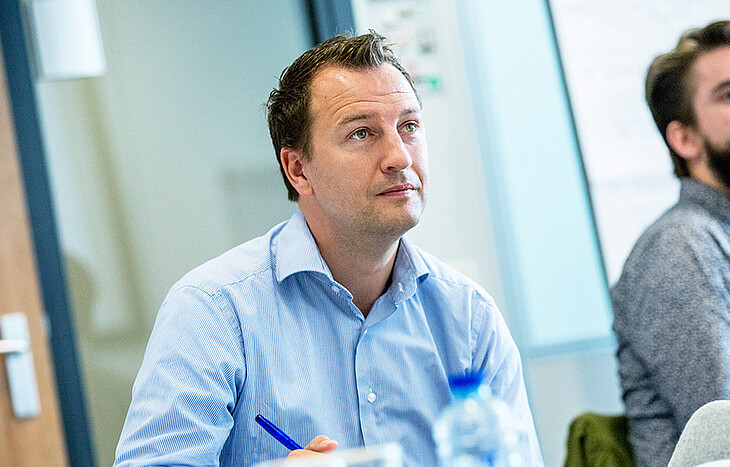



This masterclass is for all communication professionals who need a suitable business model for its communication department to create values for their organisations, to enhance their personal profile as communication leader, next-generation leader, or consultant coaching communicators and general managers.
The classroom comprises of a diverse group of accomplished, driven and open-minded professionals from Europe and beyond, working in various management positions in the public and private sector, NGOs and consultancies.
Participants in this course are recommended to hold at least a bachelor degree.
Participants in this course are recommended to have 3+ years of work experience.
Ansgar Zerfass is professor and chair of strategic communication at the Institute of Communication and Media Studies at the University of Leipzig, Germany.
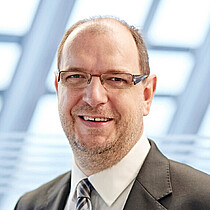
Guest lecturer
Head of communications - Santander Consumer Bank
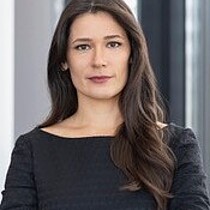
Guest Lecturer
Managing partner - Lautenbach Sass
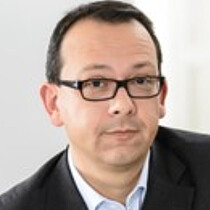
Guest Lecturer
Group Director of Corporate Communications – REWE Group
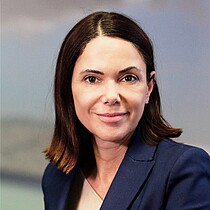
29-30 Sep and 1 Oct 2025
9.00-17.00 hr

€3,600 including tuition, course material, lunches and refreshments. This fee does not include hotel accommodation.
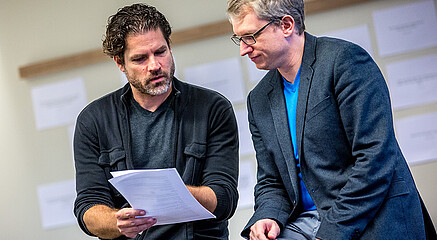
The programme takes place in the Bayle building on the Woudestein Campus of Erasmus University Rotterdam.
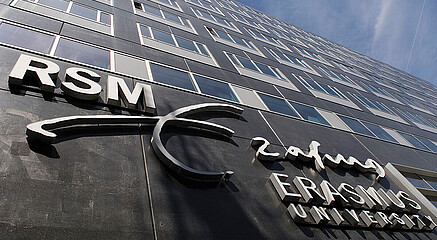
The participant can be substituted by someone from the same organisation on the same course without extra costs.
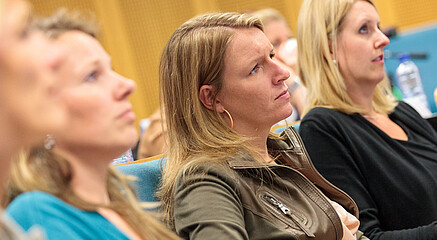

Programme officer
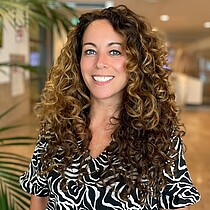
Programme & Admission Advisor